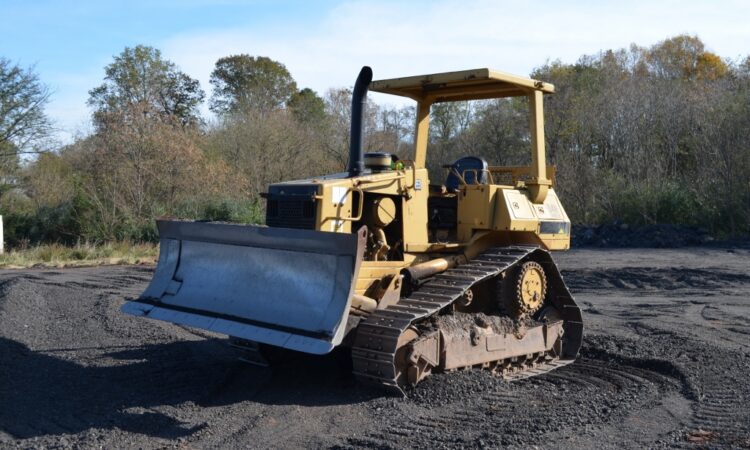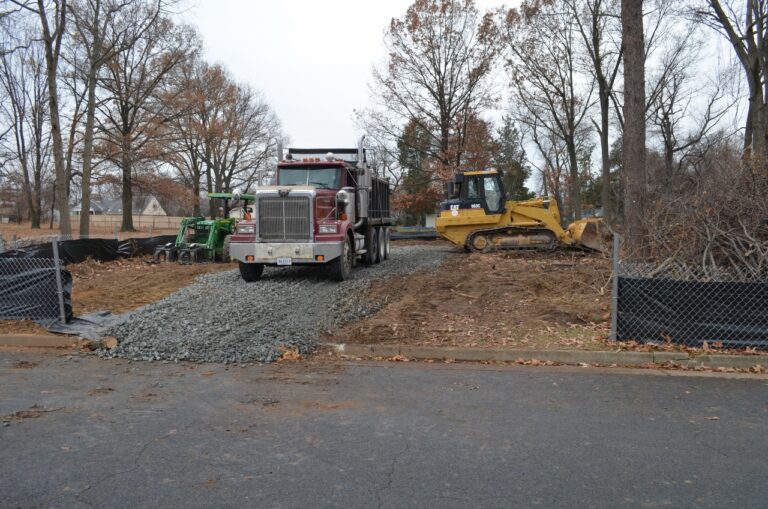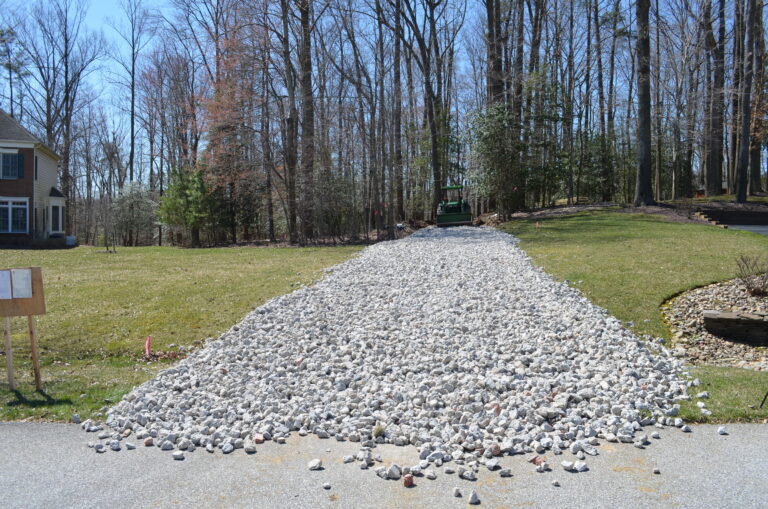If you are thinking of repaving or renovating an area, there are many different materials you can use. However, if you are looking for an environmentally friendly, low-maintenance, and durable material, asphalt millings are an excellent consideration. Asphalt millings are bits of recycled asphalt from a pavement rejuvenation process of the same name. While asphalt millings are generally not suitable for streets that have lots of traffic, they work perfectly for driveways, small private roads, and parking lots.
Asphalt milling (also called pavement milling) refers to grinding and removing the topmost layer of asphalt pavement. The asphalt material removed during milling can be reused for other projects at a reduced cost. Recycled asphalt is resistant to harsh weather elements, is less expensive than other paving materials, and can sometimes be used as an alternative to natural stone gravel, recycled concrete, and hot asphalt.
Here are several reasons why you should consider using asphalt millings for your project.
- Eco-Friendly. Asphalt does not decay. So, throwing it away in landfills is not an option. Instead, asphalt millings are brought to recycling plants for re-purposing and re-use. They are 100 percent recycled and require fewer resources to prepare and install compared to hot mix asphalt.
- Low-Maintenance – Driveways made of asphalt millings are relatively low-maintenance compared to surfaces made of some other materials. Millings do not need to be routinely raked or refinished, and the surface will harden over time creating a solid surface for cars to park. Additionally, weeds and grass have a much harder time growing through asphalt millings.
- Durable – Although millings are not bound together with piping-hot liquid bitumen like freshly laid asphalt, tar is still present in recycled asphalt. Therefore, recycled asphalt will bond better than loose driveway products and materials. Recycled asphalt millings are less susceptible to the elements, when compared to traditional gravel materials. While hot asphalt tends to break down over time, asphalt millings become harder and stronger becoming even more durable against the elements rather than weaker, thus eliminating the requirement frequent patching or sealing. Snow tends to melt faster on asphalt millings than on gravel, and ice has a difficult time forming. When wet and compacted, recycled asphalt will produce a semi-permanent driveway and keep dust and dirt in place.
- It is affordable. Asphalt millings involve no new materials and require far fewer resources than virgin asphalt and natural gravel. If you are near an asphalt plant, you may be able to pick it up for free. Often, Local trucking companies will provide asphalt millings for a delivery fee only. You can also fine sources of recycled asphalt on sites like Craigslist and Facebook Marketplace.
- It allows percolation. Recycled asphalt is good for places that experience a lot of rain or snowfall. Asphalt millings hold up well in wet and winter seasons by allowing water to pass through, they help avoid flooding and persistent pooling in the driveway and reduce displacement. Plowing, driving, or even crossing a virgin gravel path will displace individual pieces of gravel away from their assigned location.
If you are considering asphalt millings for an upcoming project, contact a local asphalt contractor or dump truck company. And, as always, you can reach out to us here at HAMMA DOWN ENTERPRISES for advice.




